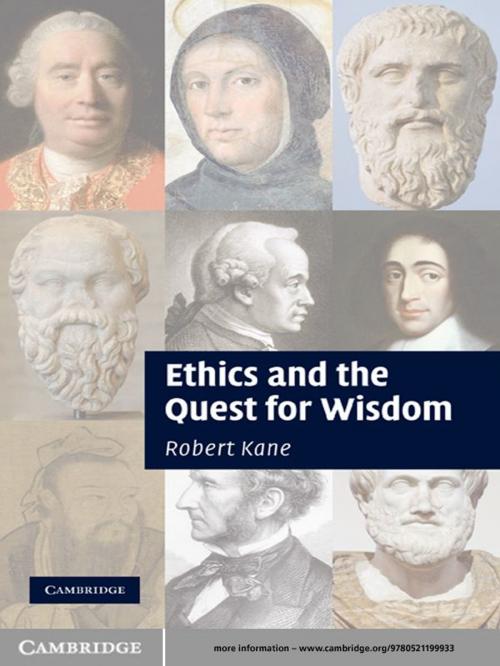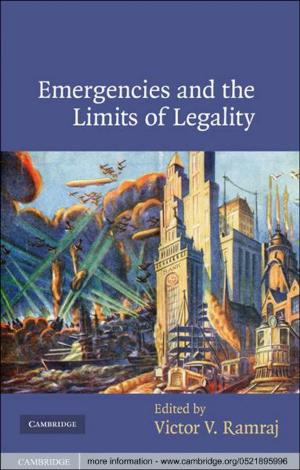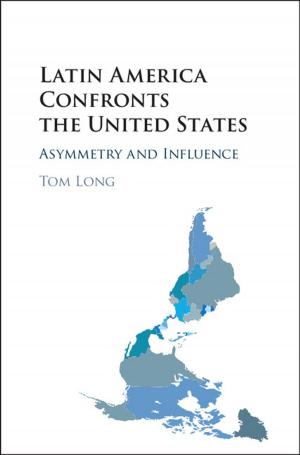Ethics and the Quest for Wisdom
Nonfiction, Religion & Spirituality, Philosophy, Political, Ethics & Moral Philosophy| Author: | Robert Kane | ISBN: | 9780511850400 |
| Publisher: | Cambridge University Press | Publication: | August 12, 2010 |
| Imprint: | Cambridge University Press | Language: | English |
| Author: | Robert Kane |
| ISBN: | 9780511850400 |
| Publisher: | Cambridge University Press |
| Publication: | August 12, 2010 |
| Imprint: | Cambridge University Press |
| Language: | English |
Modernity has challenged the ancient ideal of a universal quest for wisdom, and today's world of conflicting cultures and values has raised further doubts regarding the possibility of objective ethical standards. Robert Kane refocuses the debate on the philosophical quest for wisdom, and argues that ethical principles about right action and the good life can be seen to emerge from that very quest itself. This book contends that the search for wisdom involves a persistent striving to overcome narrowness of vision that comes from the inevitable limitations of finite points of view. When applied to questions of value and the good life, this striving has ethical implications about the way we should treat ourselves and others. This study argues for the merits of this central thesis against alternative theories in contemporary normative ethics, and discusses its practical applications for social ethics, political philosophy, law and moral education.
Modernity has challenged the ancient ideal of a universal quest for wisdom, and today's world of conflicting cultures and values has raised further doubts regarding the possibility of objective ethical standards. Robert Kane refocuses the debate on the philosophical quest for wisdom, and argues that ethical principles about right action and the good life can be seen to emerge from that very quest itself. This book contends that the search for wisdom involves a persistent striving to overcome narrowness of vision that comes from the inevitable limitations of finite points of view. When applied to questions of value and the good life, this striving has ethical implications about the way we should treat ourselves and others. This study argues for the merits of this central thesis against alternative theories in contemporary normative ethics, and discusses its practical applications for social ethics, political philosophy, law and moral education.















